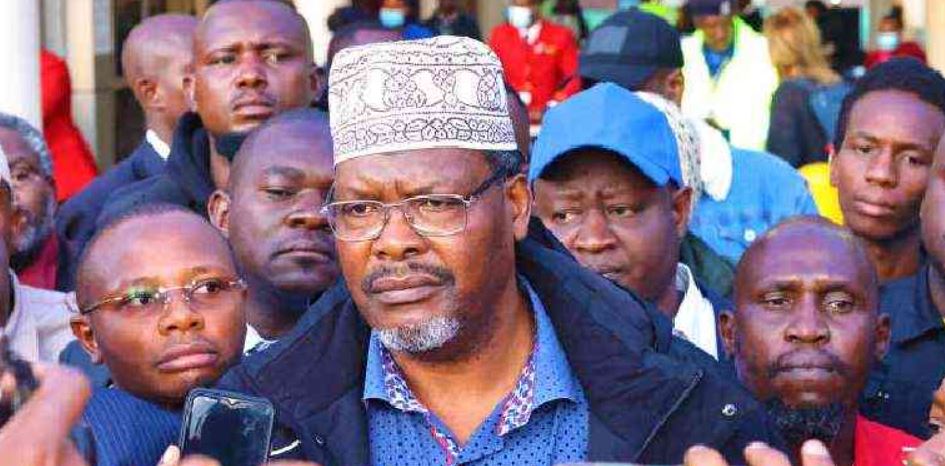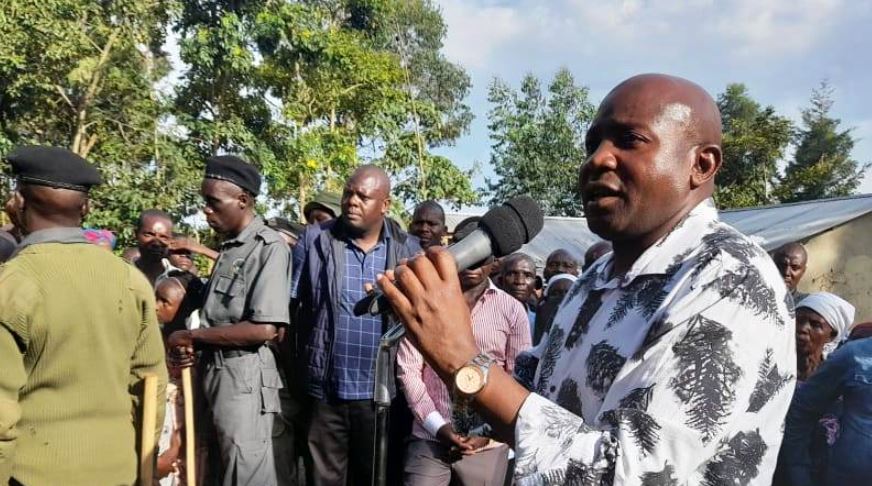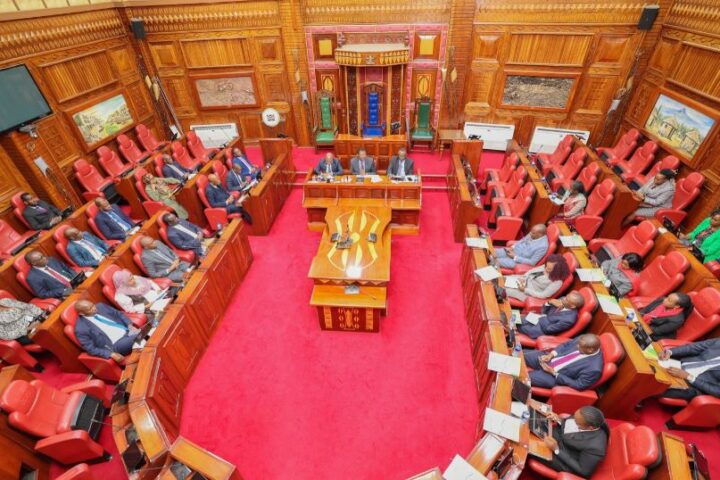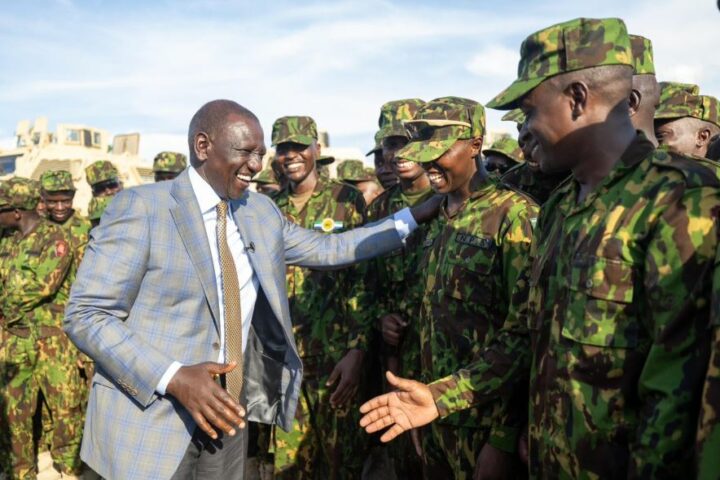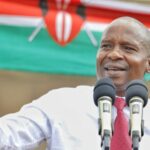
On 9th August 2022, about 13 million Kenyans queued to vote for their leaders, including the president, governor, and members of parliament and county assemblies. This turnout was the lowest the country had ever experienced in over 15 years
Many reasons were given for it, including poor voter education, poverty, and an uninterested youthful population.
Some of those sampled said they did not have confidence in the two leading presidential candidates because they had served in the previous government in various capacities and whichever government was elected would do little to improve their lives.
President Ruto won the election by making promises about how he was going to change the economy to include the ‘mama mbogas’ and ‘watu wa bodaboda’.
He promised among other things, to put the needs of the low income individuals first by bringing down the cost of living, offering the ‘free’ hustler fund, and removing some of the taxes from petroleum to bring down the cost of fuel.
However, in the past one month, the president has gone back of all the major promises he made to Kenyans. He has asked Kenyans to give him a year to bring down the cost of Unga, something he said he would do in the first one month.
He has also removed the fuel subsidies applied by former President Kenyatta to control the cost of fuel, saying the cost of subsidizing the commodity was too expensive. Moreover, he has changed the hustler fund from a free business loan to one attracting about 9% interest.
If the president is not careful, these reversals will cause even more voter apathy in 2027 in various ways.
First and foremost, voters will lose faith in the colorful manifestos that political parties launch in pomp and color every five years and almost always never implement. If voters have no faith in the leaders, they have no reason to vote, contributing to the deteriorating interest in the election process.
President Ruto may also enforce people’s belief that elections have no consequence on an individual’s wellbeing.
Almost 35% of voters did not vote in the August 2022 elections because they had no faith in the political system.
If the president does not deliver on his promises, he will enforce this belief even further and discourage them from voting in the coming election.
Therefore, since the president will be a player in the coming elections, he should do his best to actualize his manifesto to inspire those who did not turn out to vote to do so going into the future.
Githae Mwangi is a political and current affairs commentator
